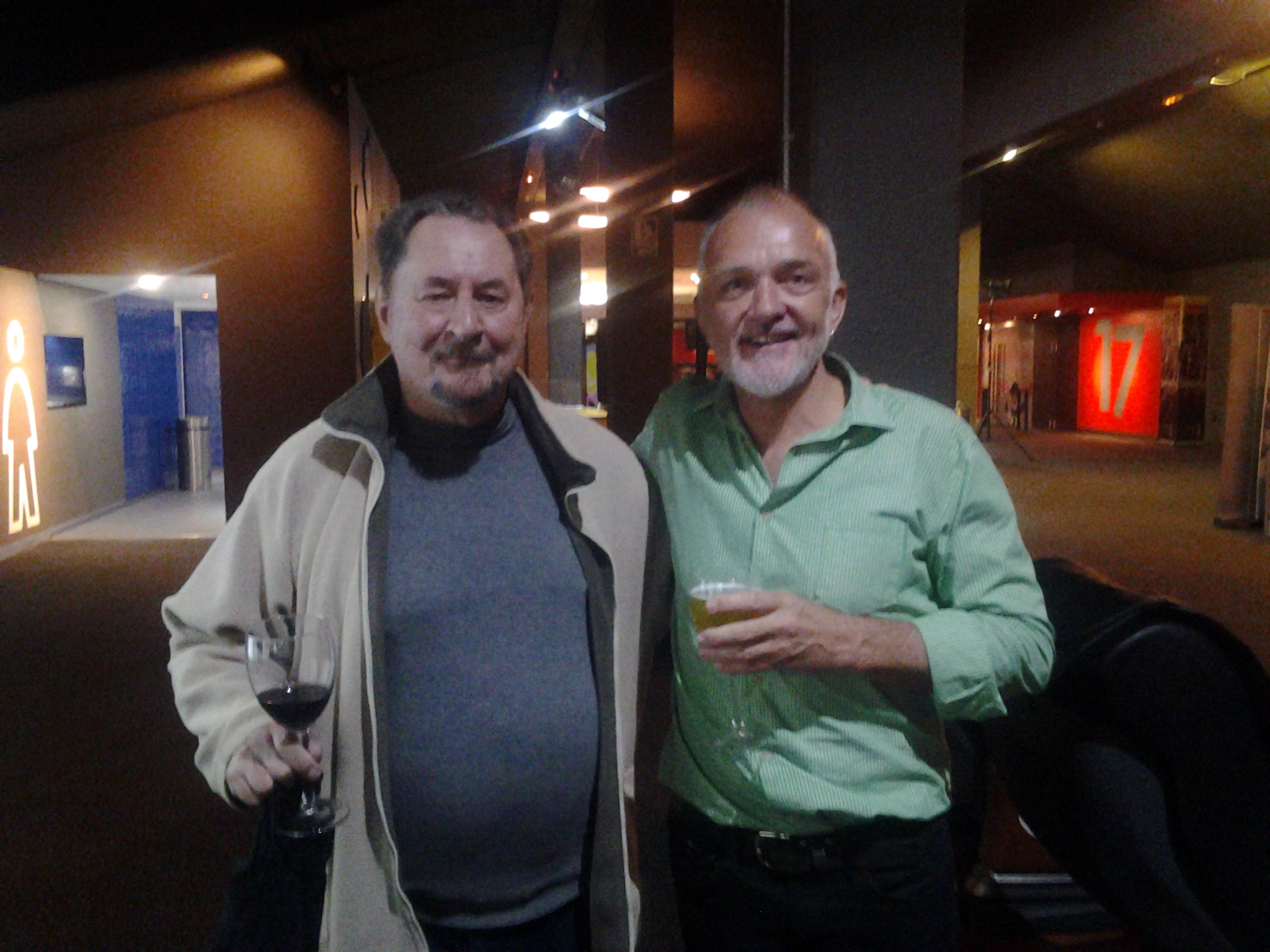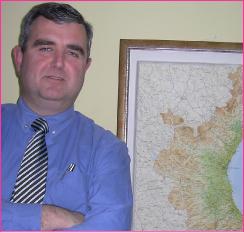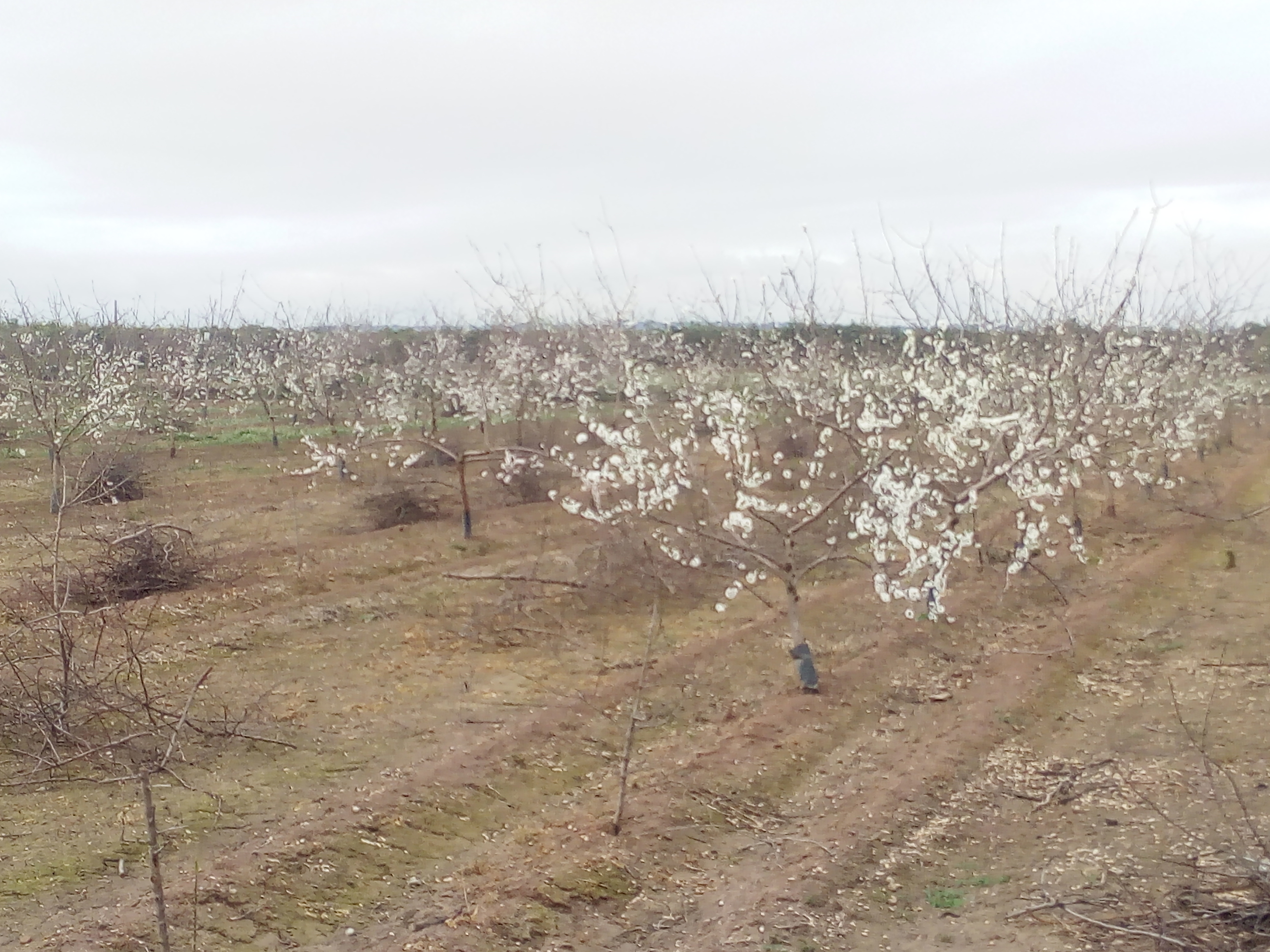Cattle raising returns to the Pego – Oliva Marsh after 15 years without herds
- A herd of cows will help create an ideal mosaic for marshland birds in protected natural areas such as the Pego-Oliva Marshland in the Valencian Community
- The Global Nature Foundation is committed to livestock as a vegetation management tool within the LIFE Paludic project, which is working to halt the decline in populations of Aquatic Warblers, the most threatened passerine bird in Europe.
Livestock as a tool for managing vegetation and creating optimal habitats for endangered birds such as the Aquatic Warbler, the most endangered passerine in Europe, is the commitment of the Global Nature Foundation, which is now reinforcing it with the purchase of a herd of cows in the Pego – Oliva Marsh, a Natural Park included in the Natura 2000 Network of the Valencian Community.

The purchase of the herd and its subsequent controlled grazing through a custody agreement with a local cattle rancher is a very important reinforcement to a traditional activity that had been lost in many coastal wetlands and that brings many environmental benefits. Now, with the entry of the cattle, an ideal mosaic will be achieved, made up of vegetation of different heights and open areas, for migratory swamp birds such as the Aquatic Warbler, or other threatened bird species such as the Whiskers, the Single-coloured Warbler or the Royal Warbler. The livestock will be moved according to management needs: in late spring after the bird’s nesting season and when water levels start to fall in the marsh, the livestock will be introduced in a controlled way in those areas where the reed bed has been previously mowed and vegetation is sprouting. The animals will stop for a certain time and then move to another area.

All this will be done under the supervision of the management of the Natural Park. Once the summer is over, the herd will go to the Vall d’Alcalà, in the Marina Alta (Alicante), where there are winter facilities that will give shelter to the animals while the wetland is at its maximum flooding levels. In addition, this livestock activity helps to fix population with the creation of jobs, and contributes to keeping rural areas inhabited, which makes it a motor for the local economy.







Recent Comments